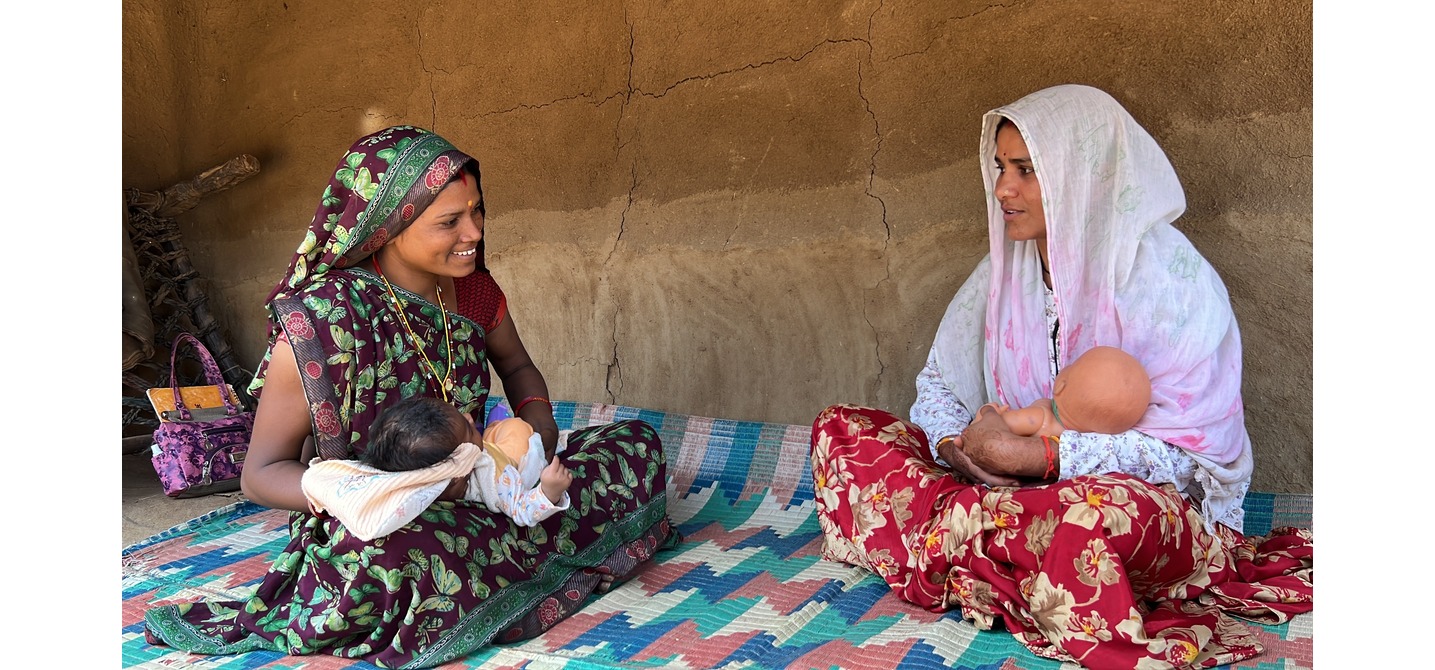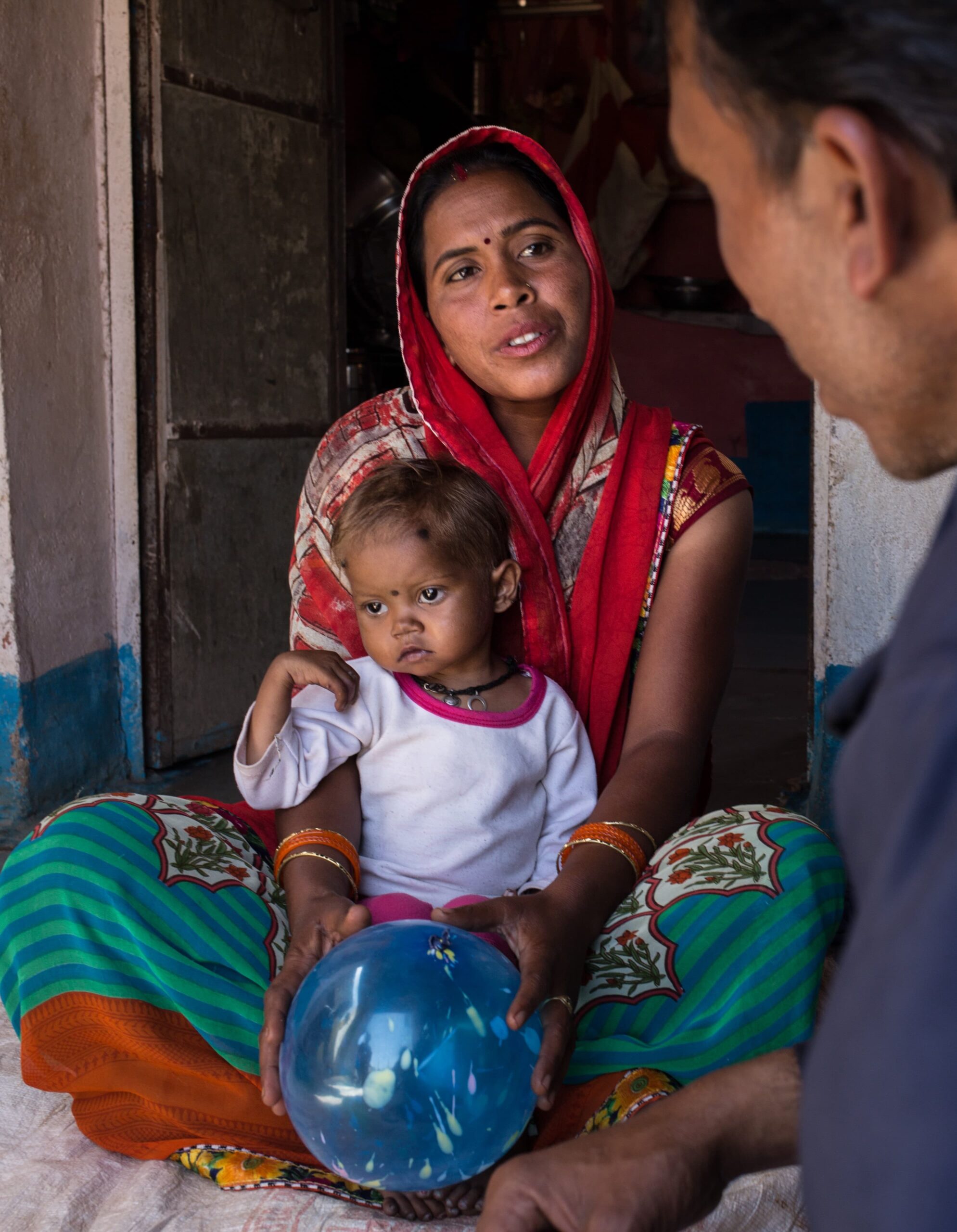Newborn Care and Breastfeeding Guide for New Moms by Dr. Bhavesh D Rathod
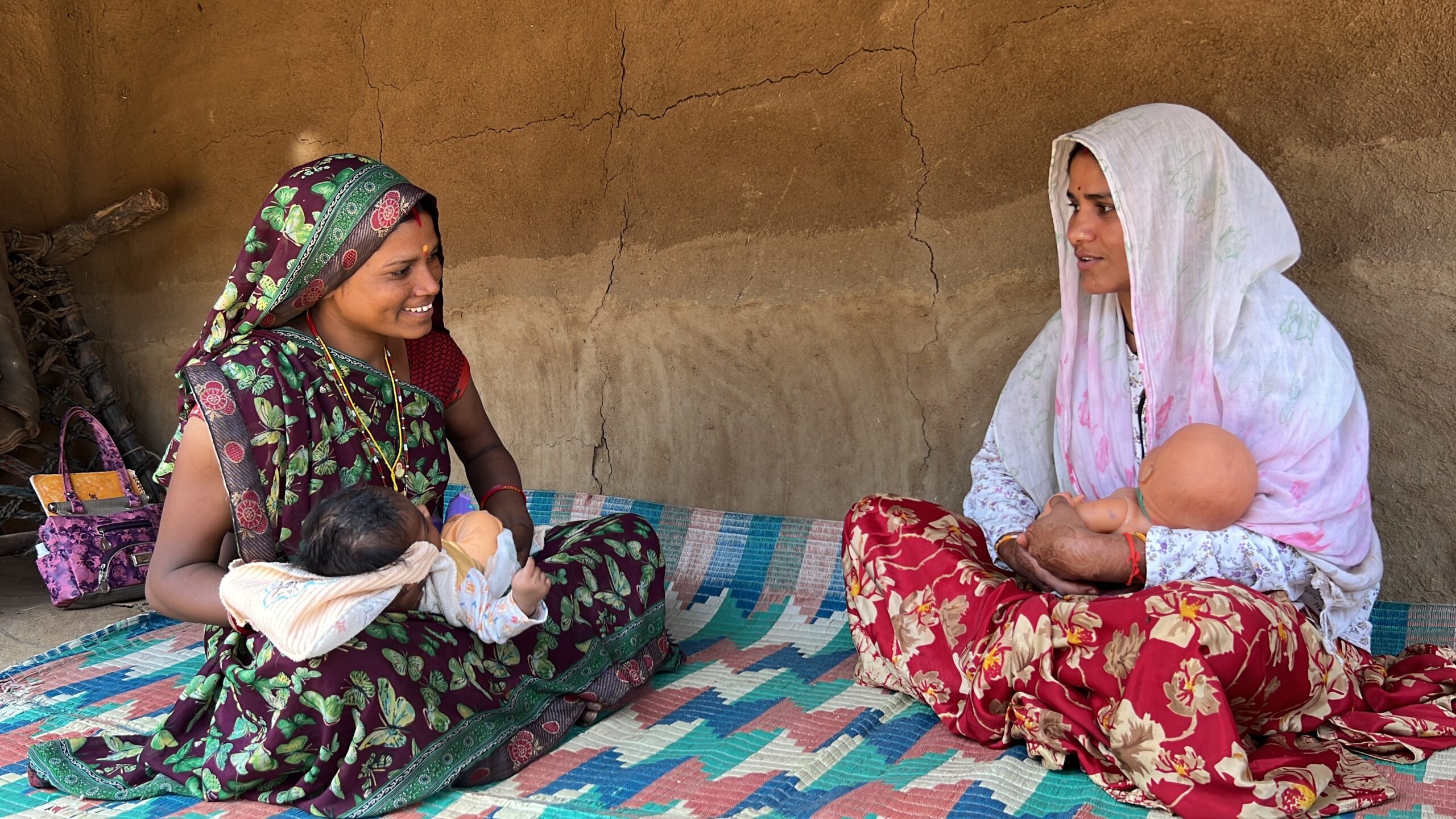
Introduction to Newborn Care
Newborns, or neonates, are babies from birth up to 28 days old. Approximately 85% of newborns require only basic care. This guide covers essential topics such as Kangaroo Mother Care (KMC), breastfeeding stages, the importance of vaccinations, supportive environments, and regular checkups, offering new mothers a comprehensive approach to newborn care.
Kangaroo Mother Care (KMC)
Kangaroo Mother Care (KMC) is a method of skin-to-skin contact between the mother and baby to enhance bonding and stimulate breast milk production. This technique is highly beneficial for regulating the baby’s body temperature, providing warmth without the fluctuations that can occur with other methods. The following guidelines ensure optimal results with KMC:
- Dressing: The baby should wear a cap, socks, a diaper, and a frock covering the back, ensuring skin-to-skin contact between mother and baby.
- Duration: Each KMC session should last at least 2-3 hours to minimize handling.
- Family Involvement: Any adult family member, including the father, can give KMC to the baby. Studies suggest that fathers providing KMC help maintain the baby’s body temperature effectively.
- Application Settings: KMC is recommended in delivery wards, post-natal wards, NICUs, and during baby transport to prevent hypothermia, particularly in low-birth-weight infants.
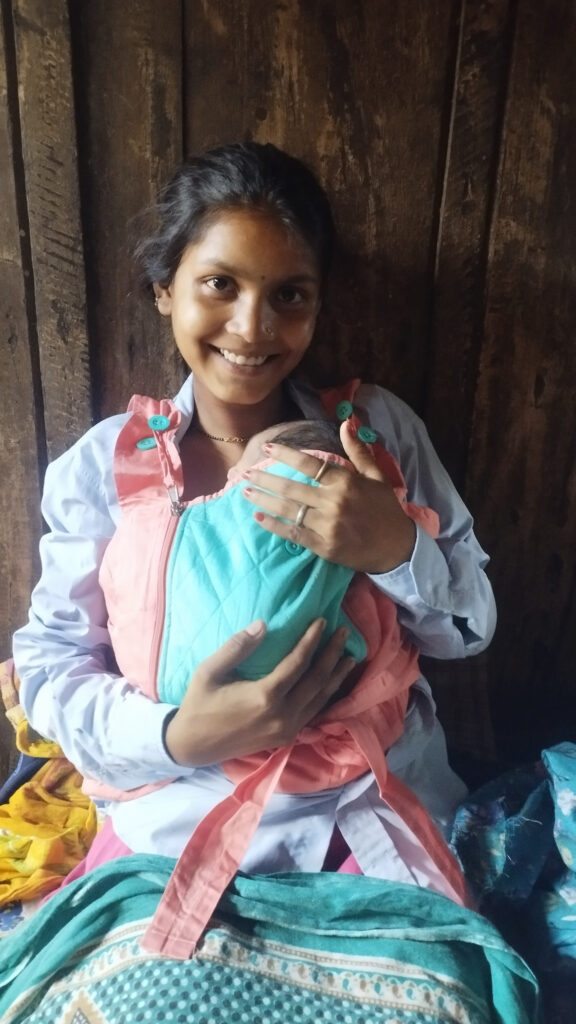
KMC Don’ts
- Avoid applying kajal or any foreign substances to the baby’s eyes.
- Do not use oil drops in the baby’s eyes, ears, nose, or umbilical cord.
- Do not handle babies too frequently.
- Do not allow the baby to be in contact with sick people.
- Refrain from giving unnecessary medications.
Advantages of Breastfeeding and it’s Stages
Breastmilk is a complete food that meets all the nutritional needs of a baby for the first six months, addressing both hunger and thirst. It provides essential nutrients, supports immune function, and fosters a strong mother-child bond . Colostrum is the first milk produced immediately after childbirth that is thick, yellowish, and packed with proteins, vitamins, and antibodies that help build the baby’s immune system.
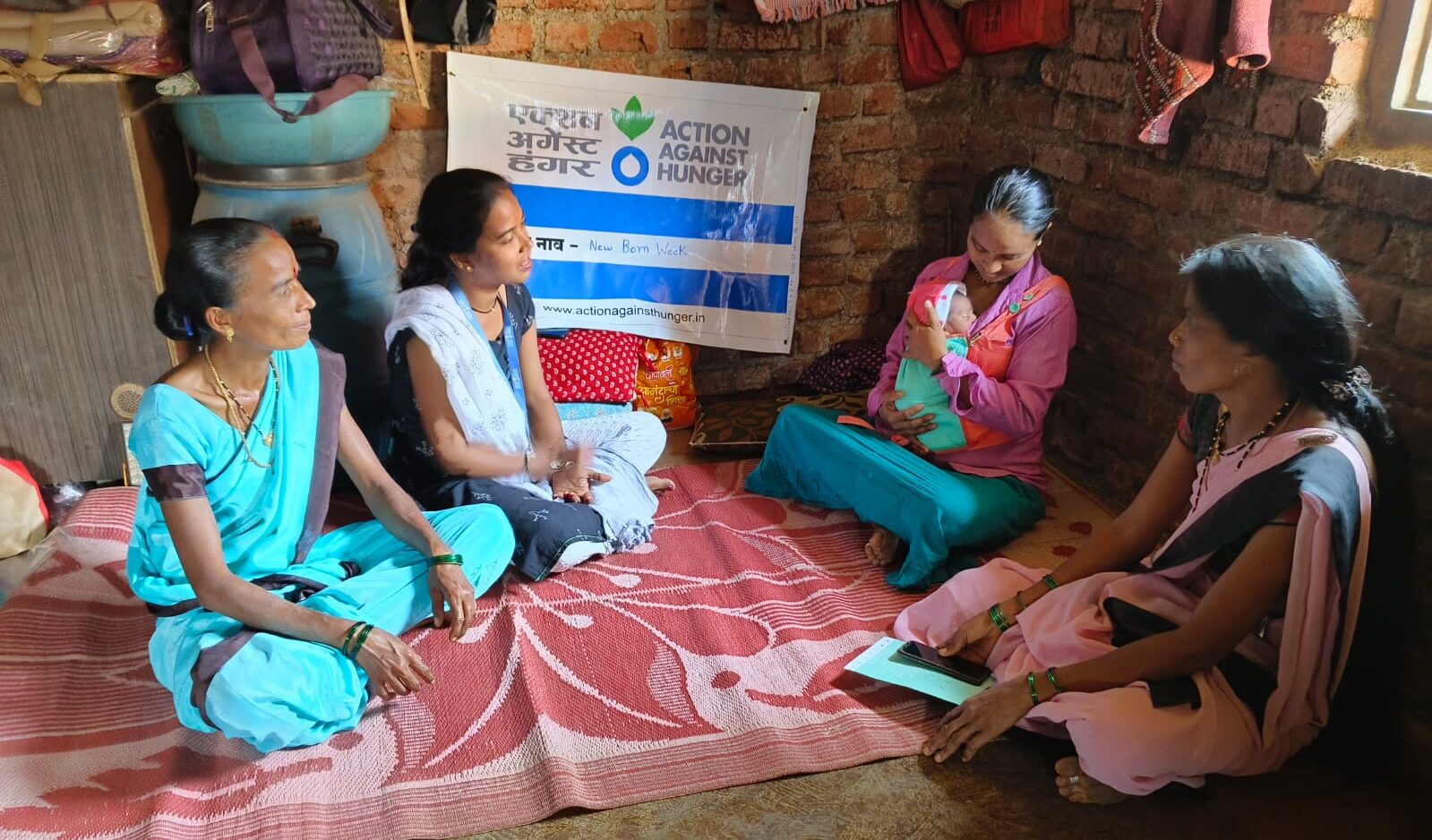
Benefits of Breastfeeding
For the Baby:
- Nutritional: Provides nutrients to the child as per requirement, ensuring optimal absorption and digestion.
- Immune Support: Helps develop a strong immune system and through antibodies, protects babies from illnesses.
- Growth and Development: Promotes cognitive and physical development, , lowers the risk of respiratory and gastrointestinal issues, and ensures emotional attachment between mother and child.
For the Mother:
- Postpartum Health: Helps uterus contract, reducing risk of bleeding, and promotes post-partum weight loss.
- Long-Term Health: Lowers the risks of breast cancer, cardiovascular diseases, and type 2 diabetes.
For the Family, Environment, and Community:
- Cost-Effective: Reduces financial expenses on formula and healthcare.
- Eco-Friendly: Less reliance on disposable bottles and formula packaging.
Importance of Vaccinations
Vaccinations are essential for preventing life-threatening infections in newborns. The first set of vaccinations, including BCG, hepatitis B, and polio, are typically administered soon after birth. Vaccines help protect against illnesses like diphtheria, tetanus, pertussis, and measles. Maintaining a vaccination schedule is vital for the baby’s immunity, and new parents should consult their pediatrician to stay informed about required immunizations and booster shots.
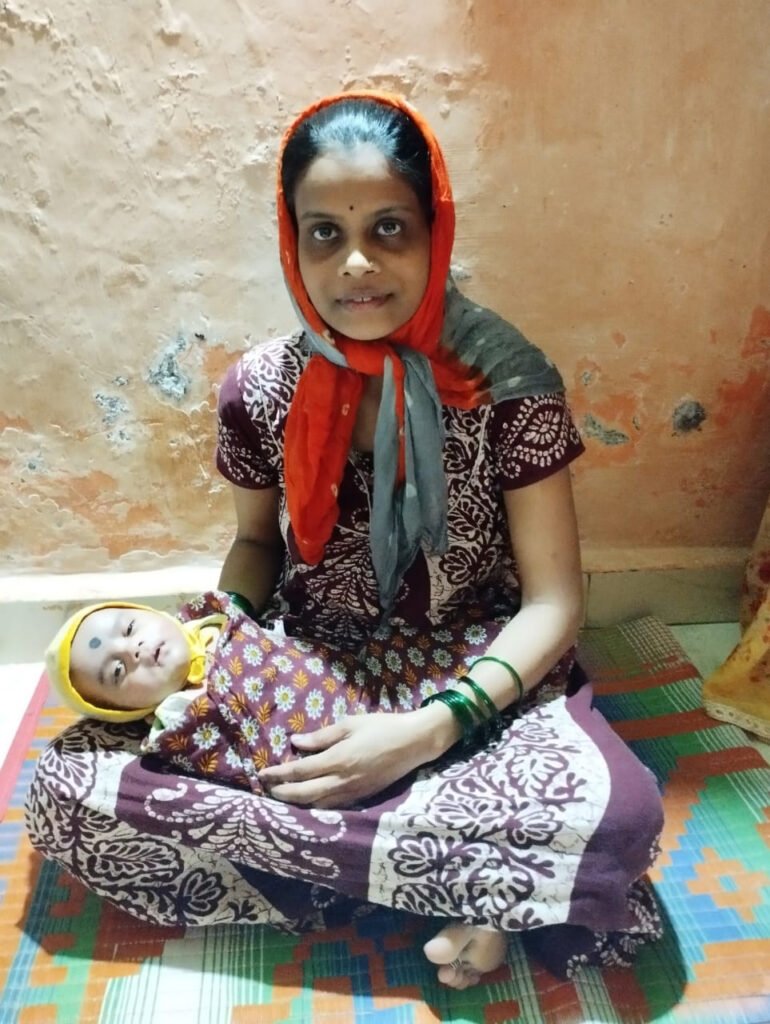
Supportive Environment for Mother and Baby
The early days with a newborn are both joyful and demanding. Support from family members, especially the father and other caregivers, is crucial to ensure that the mother can focus on recovery and breastfeeding. Here are ways to create a nurturing environment:
- Father’s Involvement: Fathers can provide KMC, assist with feedings, and support the mother emotionally, creating a bond with the baby, and ensure mothers enough time to rest.
- Caregiver Support: Family members can help with household tasks, allowing the mother to focus on breastfeeding and bonding.
- Emotional Support: Open communication and emotional reassurance from family members can positively impact the mother’s mental well-being.
Importance of Regular Checkups
Regular pediatric checkups ensure that the newborn’s growth, nutrition, and health milestones are on track. These visits allow early detection of any health issues and provide an opportunity for parents to ask questions about care, breastfeeding, and vaccinations. Schedule the first checkup within a few days after birth, with subsequent appointments guided by your paediatrician.
Conclusion
The first few weeks of a newborn’s life are critical for bonding, nutrition, and development. Practising Kangaroo Mother Care, ensuring successful breastfeeding, adhering to a vaccination schedule, creating a supportive environment, and scheduling regular checkups are all essential steps for maternal and infant health. This comprehensive approach to infant feeding not only promotes the baby’s growth, immunity, and attachment but also strengthens the family bond. Breastfeeding, in particular, offers numerous advantages by providing essential nutrients, supporting maternal-infant attachment, and fostering long-term health benefits.
Remember, when in doubt, always consult with a healthcare provider to address any concerns about your newborn’s health and development.
References
- Kangaroo Mother Care & Optimal Feeding of Low Birth Weight Infants (Operational Guidelines) Available at: https://nhm.gov.in/images/pdf/programmes/child-health/guidelines/Operational_Guidelines-KMC_&_Optimal_feeding_of_Low_Birth_Weight_Infants.pdf
- WHO – Infant and Young child feeding. Available at: https://www.who.int/news-room/fact-sheets/detail/infant-and-young-child-feeding
- National Immunization Schedule. Available at: https://nhm.gov.in/New_Updates_2018/NHM_Components/Immunization/report/National_%20Immunization_Schedule.pdf
Author
Dr. Bhavesh D Rathod
Dr. Bhavesh D. Rathod is an accomplished medical professional, currently practicing as a Pediatrician and Neonatologist. With an MBBS and MD in Pediatrics, he is dedicated to the healthcare and well-being of children.

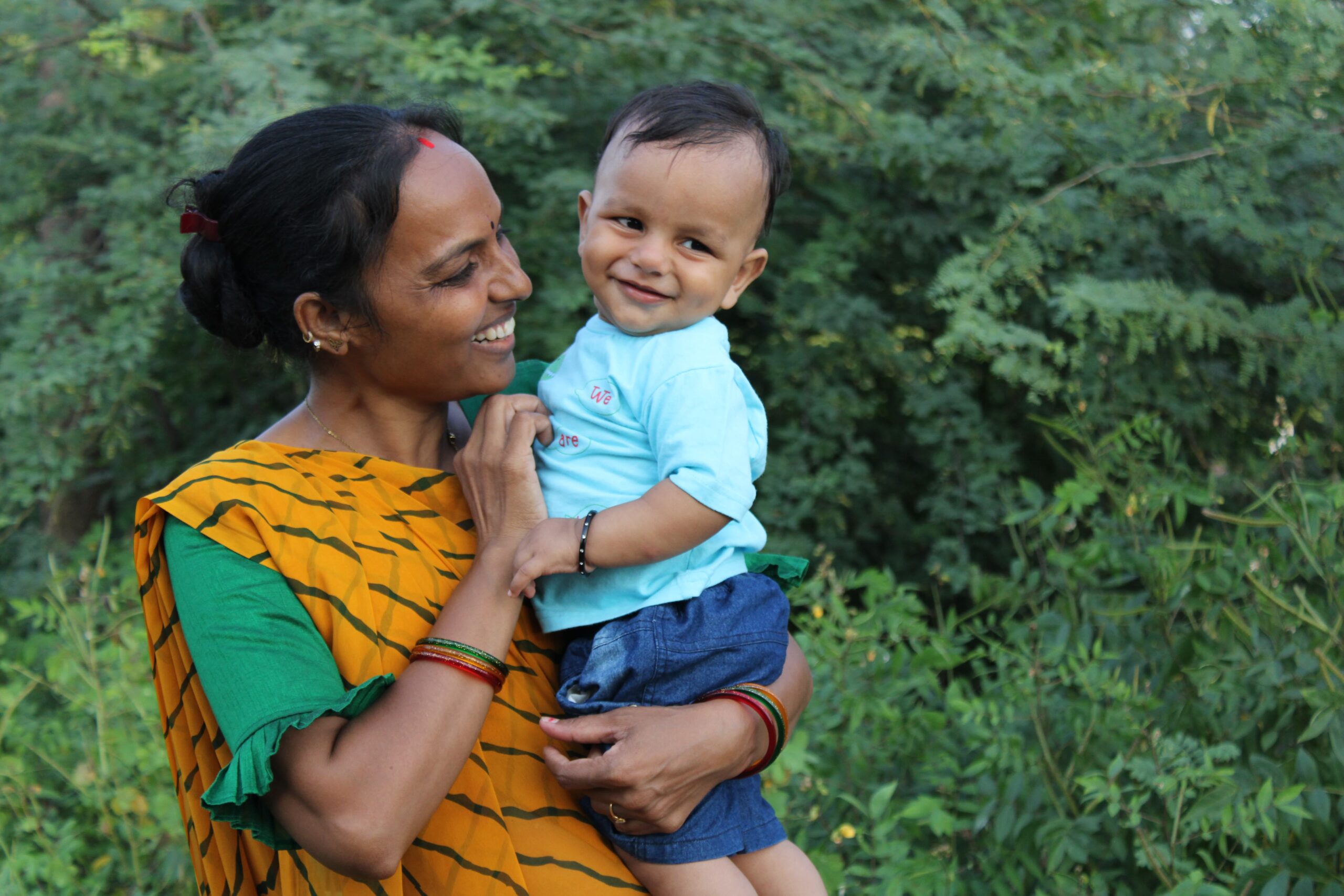
JOIN THE FIGHT AGAINST HUNGER
Sign up to our newsletter and learn more about our programs, impact, field stories, innovation, jobs and much more.
